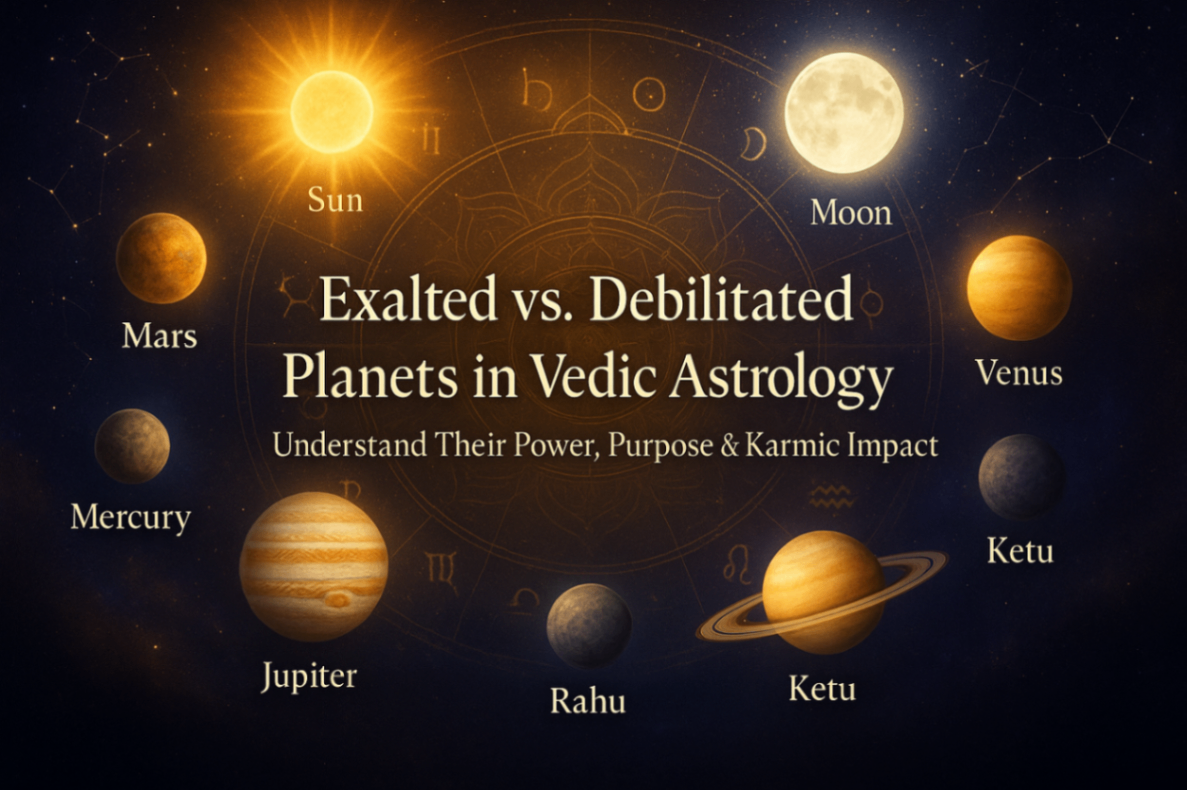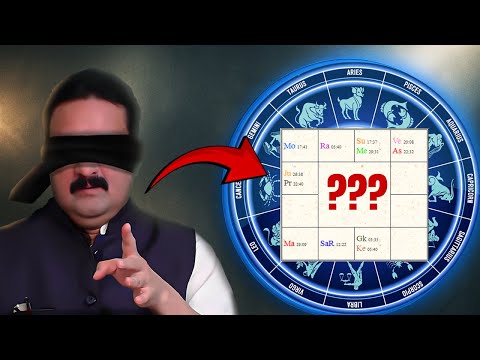Vedic astrology, also known as Jyotish or Hindu astrology, is a system that has its roots in the ancient Vedas, the oldest sacred texts of India. Unlike Western astrology, which uses the tropical zodiac, Vedic astrology uses the sidereal zodiac. This system takes into account the precession of the equinoxes, making it more aligned with the actual positions of the constellations in the sky.
Basic Principles of Vedic Astrology
The Zodiac Signs
In Vedic astrology, the zodiac is divided into 12 signs, each associated with specific characteristics and ruled by a particular planet. These signs are:
Aries (Mesha)
Taurus (Vrishabha)
Gemini (Mithuna)
Cancer (Karka)
Leo (Simha)
Virgo (Kanya)
Libra (Tula)
Scorpio (Vrishchika)
Sagittarius (Dhanu)
Capricorn (Makara)
Aquarius (Kumbha)
Pisces (Meena)
The Planets
Planets in Vedic astrology are considered to have a significant impact on human life. The main planets are:
Sun (Surya)
Moon (Chandra)
Mars (Mangala)
Mercury (Budha)
Jupiter (Guru)
Venus (Shukra)
Saturn (Shani)
Rahu (North Node of the Moon)
Ketu (South Node of the Moon)
The Houses
The Vedic chart is divided into 12 houses, each representing different aspects of life. These include areas such as personality, wealth, communication, home, creativity, health, partnerships, transformation, wisdom, career, social networks, and spirituality.
Vedic Astrology Techniques
Dasha Systems
One of the unique features of Vedic astrology is the Dasha system, which predicts the timing of events in a person's life. The most commonly used Dasha system is the Vimshottari Dasha, which is a 120-year cycle of planetary periods.
Transits (Gochar)
Transits are another important aspect of Vedic astrology. They represent the movement of planets through the zodiac and their impact on an individual's natal chart. Transits can indicate the timing of significant events and changes in a person's life.
Ashtakavarga
Ashtakavarga is a system that assigns points to planets based on their positions in the chart. It is used to assess the strength and influence of planets in various houses and to predict favorable and unfavorable periods.
Advanced Concepts in Vedic Astrology
Yogas
Yogas are specific planetary combinations that can significantly affect a person's life. There are numerous yogas, each with its own set of rules and interpretations. Some well-known yogas include Raja Yoga (indicating power and success) and Dhana Yoga (indicating wealth).
Arudha Lagna
Arudha Lagna is a special point in the chart that represents the perceived self or how others see the individual. It is calculated based on the position of the Lagna (Ascendant) and its ruling planet.
Bhava Chalit Chart
The Bhava Chalit chart is used to analyze the true house positions of planets, taking into account the varying sizes of houses. This chart can provide additional insights into the influence of planets in different areas of life.
Remedial Measures in Vedic Astrology
Mantras
Chanting specific mantras can help mitigate the negative effects of malefic planets and enhance the positive influence of benefic planets. Mantras are usually chanted a specific number of times, often 108, and are dedicated to particular deities or planets.
Yantras
Yantras are geometric diagrams that represent the energies of different planets and deities. They are used as tools for meditation and to attract specific energies into one's life. Yantras can be placed in homes, worn as amulets, or used during rituals.
Gemstones
Wearing gemstones that correspond to specific planets can help strengthen their beneficial effects and reduce their malefic influences. For example, wearing a ruby can enhance the power of the Sun, while an emerald can strengthen Mercury.
Rituals and Offerings
Performing rituals and making offerings to specific deities or planets can help appease them and reduce their negative effects. These rituals often involve the use of specific items, such as flowers, incense, and food, and are performed on specific days or during certain planetary periods.
Conclusion
Vedic astrology is a complex and profound system that offers deep insights into human life and the cosmos. By understanding the principles and techniques of Vedic astrology, one can gain a greater understanding of their own life and destiny, as well as the forces that shape the world around them.
```





































